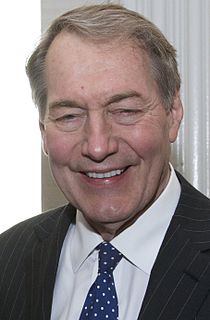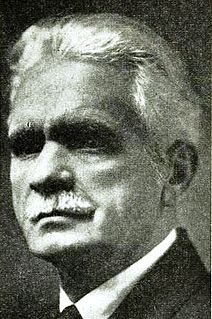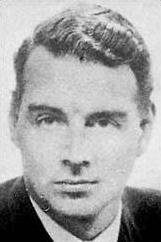A Quote by Walter Isaacson
More generally, I made an effort to leave out things that weren't relevant to the main narrative themes of the book, namely that there were two sides to Steve Jobs: the romantic, poetic, countercultural rebel on one side, and the serious businessperson on the other.
Related Quotes
The trouble is that when you read criticisms about the other films that I've made you get the impression that they're all about themes, or problems, or ideas. But those are actually things that develop out of characters, out of images and out of other things. These more abstract things develop while working on the material, and out of it. It's not a theoretical exercise from the outset.
I wrote the poems in Charms Against Lightning one by one, over almost a decade, and I did not write them toward any theme or narrative. But once I really got serious about putting together a book, I began to see that in fact there were themes across the poems, if only because my own obsessions had brought me back time and again to the same ground. I realized that any ordering of the poems would determine how those themes developed over the manuscript, and how the collection's dramatic conflicts were resolved.
To me, writing is a very physical process. I lay out the entire book with the two narratives side by side on my bedroom floor, and just get down on my hands and knees and start looking at it in that physical space. "Does this really follow from this? Should this be here or elsewhere?" I will literally cut the paper into paragraphs. I'll cut it into segments and move the segments around from one narrative to the other until I feel that I've found the natural structure.
Did Ethan Smith's View of the Hebrews furnish structural material for Joseph Smith's Book of Mormon? It has been pointed out in these pages that there are many things in the former book that might well have suggested many major things in the other.Not a few things merely, one or two, or half dozen, but many; and it is this fact of many things of similarity and the cumulative force of them that makes them so serious a menace to Joseph Smith's story of the Book of Mormon's origin






































